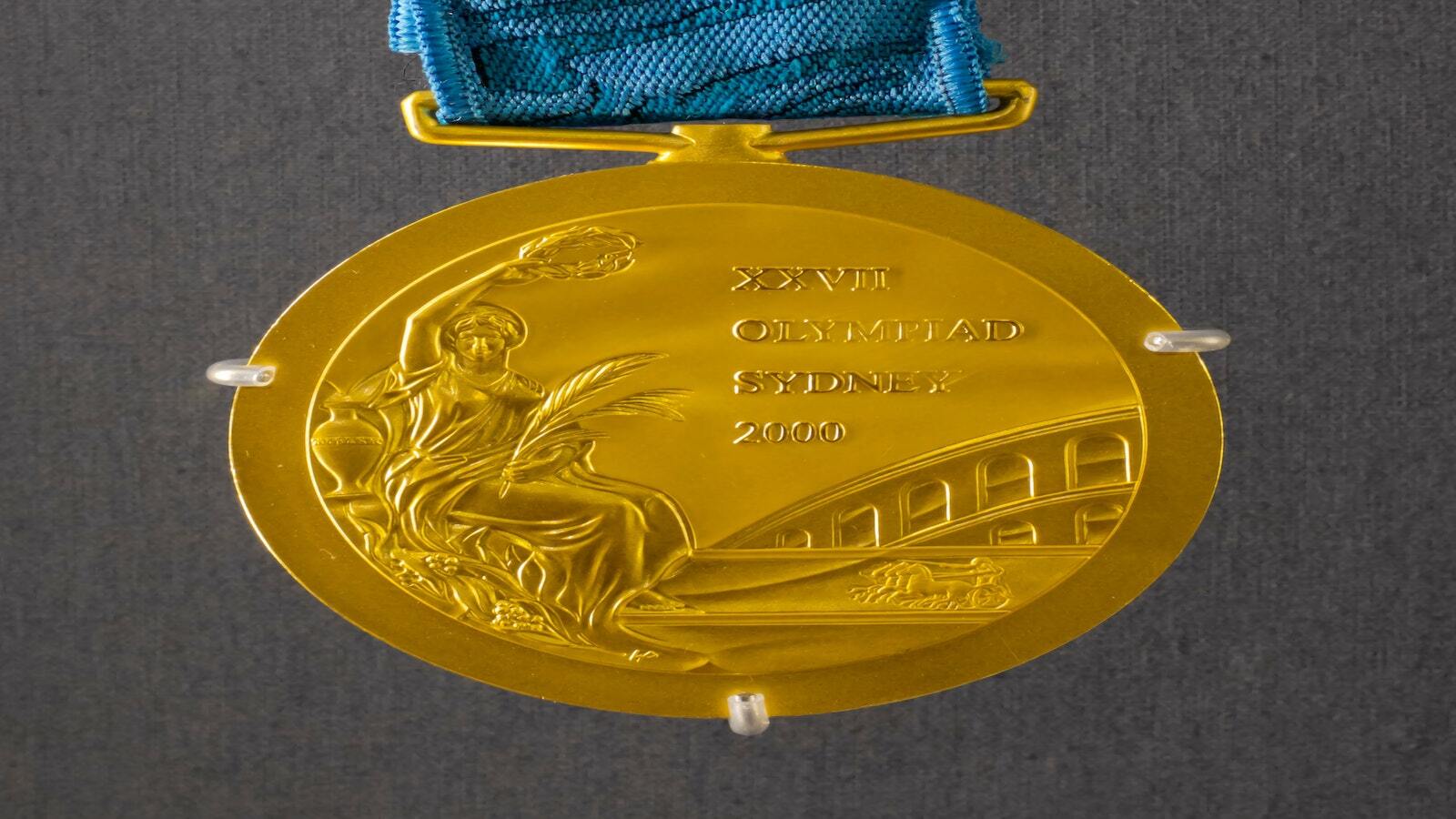Gold medal from the 2000 Olympics | Aditya Joshi/Unsplash
Gold medal from the 2000 Olympics | Aditya Joshi/Unsplash
2018A British Olympic skeleton athlete has struggled from infection and inner ear problems that nearly prevented her from winning gold in the 2018 Olympics.
Lizzy Yarnold wanted to finish first in 2018 and never dreamed such a common issue would possibly come in the way of her achieving her goal.
A vestibular disorder that affected the inner ear caused her problems. She also revealed having trouble breathing in a new much colder climate during the events while experiencing vertigo and sinus headaches that came without congestion, according to The Sun.
According to Wikipedia, Yarnold won the Gold medal in the Olympics in 2014. She is the most successful skeleton athlete of any country. After Yarnold arrived at the 2018 Olympics, she said she noticed she was developing a chest infection, which grew worse to where she was having issues speaking and breathing.
Yarnold tried many potential solutions to dull the symptoms of her illness. After falling to third in the competition, she was able to somewhat tame her symptoms and take home the winning gold medal in 2018.
Labyrinthitis is what people say when discussing vestibular disorders that affect the inner ear. Labyrinthitis is caused by inflammation of part of the inner ear known as the labyrinth, according to NHS Inform. The inflammation comes from an infection that is usually bacterial, or in some cases viral.
“The goal of the treatment is to relieve that blockage of the eustachian to relieve that chronic inflammation so it starts opening and closing and letting the air exchange,” said Dr Glenn E. Waldman of Bella Vista ENT and Facial Plastic Surgery.
Many bacterial infections will clear up within 10 days and are mostly caused by a common cold, according to the Mayo Clinic. Schedule an appointment to visit a sinus inflammation specialist when things do not clear up after that long, things get worse or you have a history of recurrent or chronic sinusitis and sinus allergies.

 Alerts Sign-up
Alerts Sign-up